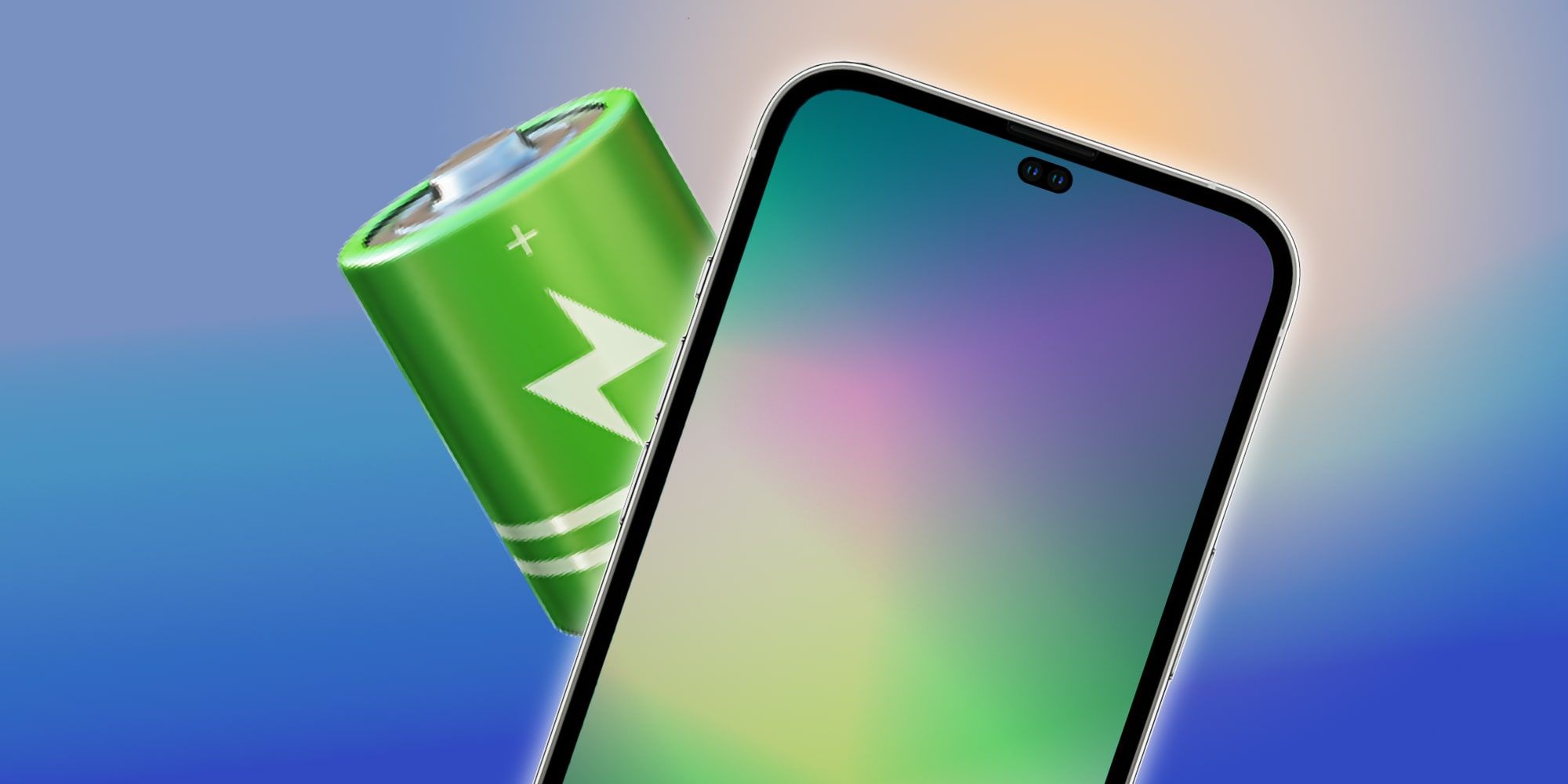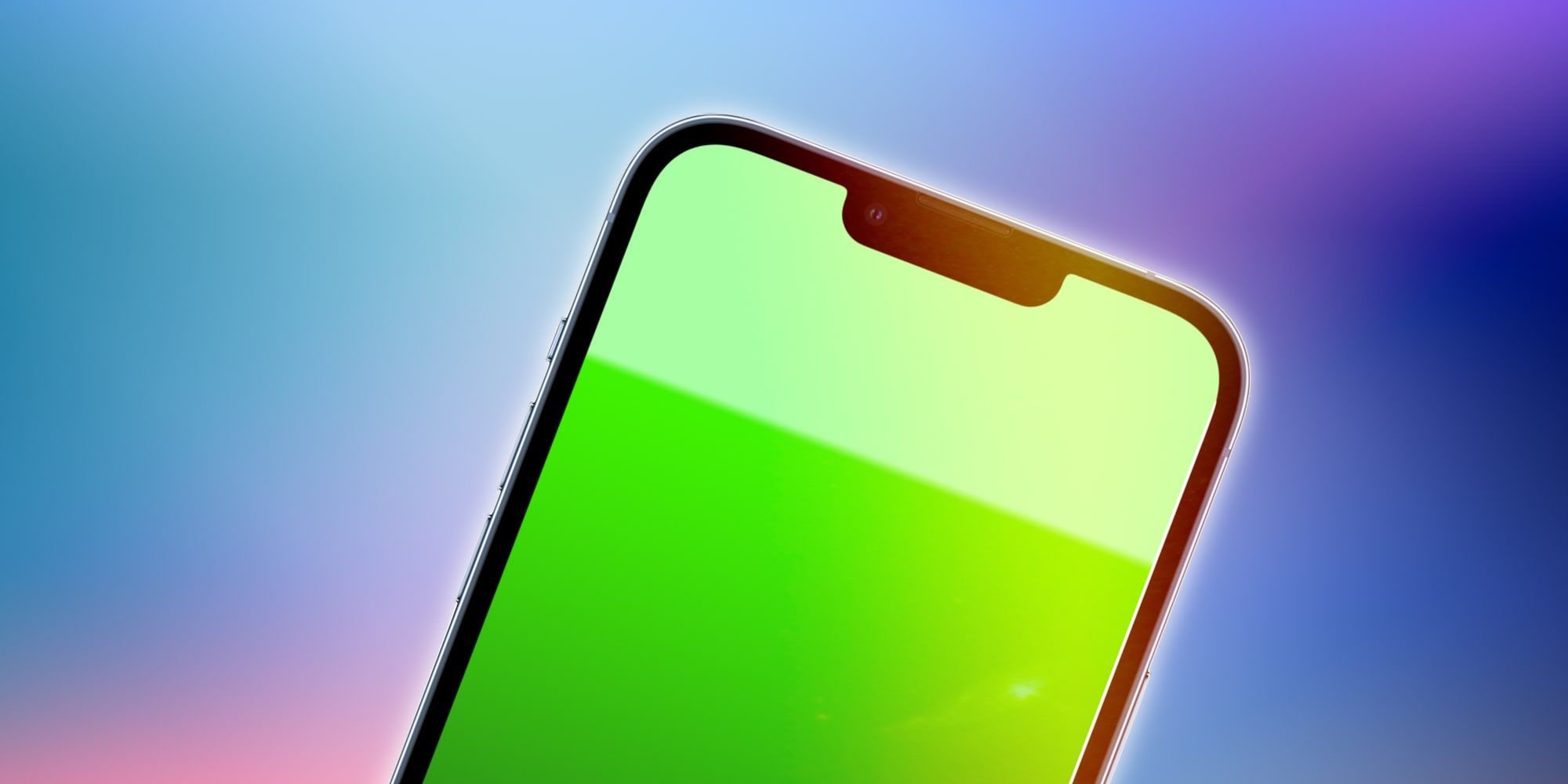It's beginning to look like the iPhone 14's battery life is almost certain to be crazy good, giving Apple an advantage over competitors. There are a few different reasons to believe this, having to do with the miniaturization of certain components and other refinements. As the time between charges continues to increase, super-fast charging begins to lose its appeal since pushing charging to the extreme can be hard on batteries.
The iPhone's battery capacity is usually lower than that of flagship Android phones, yet usable time has always been acceptable, with Apple's claims of all-day battery being common. By all-day, Apple means through most of the waking hours, not a 24-hour period. Usage greatly affects the time between charges also. Audio playback with the screen off, for example, provides maximum runtime while streaming video uses more resources and shortens battery life. Despite this challenge, Apple boasts that the iPhone 13 gets up to 15 hours of streaming video and the iPhone 13 Pro Max can last for an amazing 25 hours.
iPhone 14 battery life might be even better. According to the Economic Daily News, supply chain sources suggest that Apple will switch to a different radio frequency transceiver in 2022, instead of using Qualcomm's solution. The RF array antenna works in conjunction with the 5G modem to connect to cellular signals and provide mobile internet. At present, Qualcomm's latest RF chip, found in the iPhone 13, uses a 14-nanometer process. This new design is said to use TSMC's 6-nanometer node, which could bring significant power savings. 5G is one of the most demanding drains on battery life, so this might have a big impact on the iPhone 14's runtime.
iPhone 14's Massive Battery Life
The iPhone 13 Pro Max lasts quite a long time on a single charge. This is, in part, due to the large size of the device, allowing for a greater battery capacity. Other factors include the A15 chip, which uses a 5-nanometer process, and its ProMotion display. The latter can reduce the screen refresh rate to as little as once per second or ramp up to 120 times each second as needed. Screen updates are a heavy drain on battery life, so this change brought a dramatic increase in battery life.
The iPhone 14 might use a much smaller and more efficient RF transceiver, which both reduces battery use and frees up space for a larger battery. Apple's upcoming A16 processor that will power the iPhone 14 is expected to use TSMC's 3-nanometer or 4-nanometer node, providing additional power savings. This means the iPhone 14 could offer incredible battery life, stretching beyond all-day and into the night.
Source: Economic Daily News


